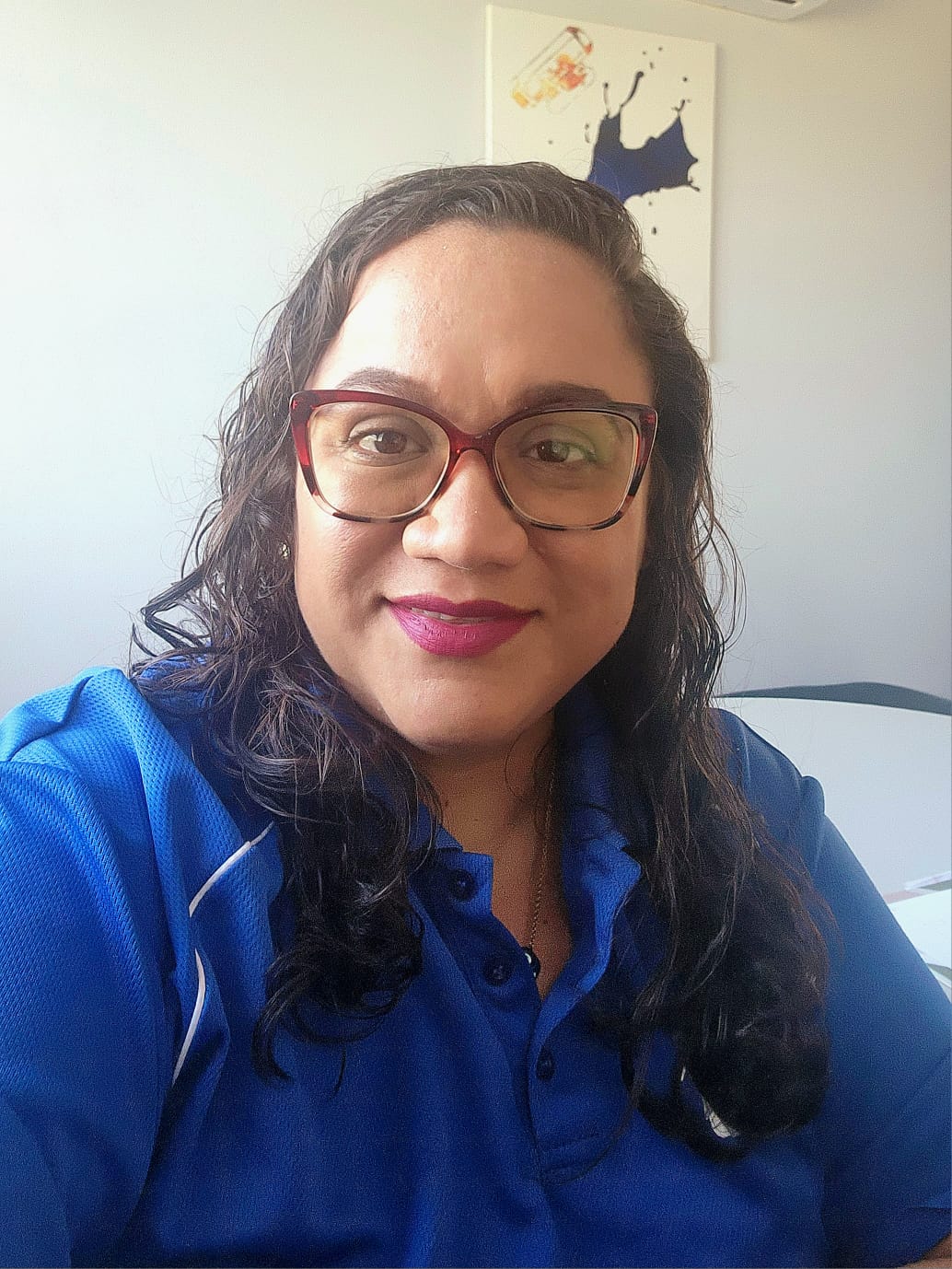How to help your students find scholarships or sponsorship
Cost can be a significant barrier for students wanting to pursue higher education. So how can you help them find scholarship and sponsorship opportunities?

One of the biggest challenges I have faced in my counselling career is seeking scholarships and advocating for my students to receive sponsorships to attend college. This is a crucial aspect of my role as a counsellor because financial constraints can be a significant barrier for students pursuing higher education.
But with proper assistance and persistence, students can overcome financial barriers and access the opportunities they need to succeed in higher education.
1. Start early
Encourage students to research scholarships and sponsorships early in their high school career. Many opportunities have early deadlines and requirements that take time to fulfil. By starting the process well in advance, students can maximise their chances of receiving funding for college.
2. Make it fun
I organise a scavenger hunt for students to research and identify funding and scholarship opportunities. I give them a list of scholarships with specific criteria, such as GPA (I use grades up to 5.0), requirements and essay prompts. Then the students divide into teams and I challenge them to find facts and information about each scholarship, including eligibility requirements and application.
They must collaborate, share resources and strategise about how to maximise their chances of finding the most detail. I ask our school psychologist to help me in this session, because sometimes students find that they need to do a lot of stuff to apply for a scholarship, which can feel overwhelming. Together, we help them to find the best pathway through this.
3. Stay up to date
As a counsellor, it is essential to stay up to date with scholarship opportunities, as well as college financial aid options. Use online resources, such as scholarship search engines and college financial aid websites, to stay informed about available opportunities. You can also contact local community organisations, businesses and colleges to ask about potential student sponsorship programmes.
4. Use an individualised approach
Every student has unique strengths, interests and experiences, which can be highlighted in scholarship applications. Tailor your approach to each student, helping them identify scholarships that align with their background and achievements. Encourage students to personalise their applications to make a strong impression on scholarship committees.
Here, I find it helps to do a strengths and passions inventory. Give your student a list of prompts and questions to reflect on, to help identify their strengths, interests and experiences.
Sample prompts include:
• What are your academic strengths and achievements? Reflect on subjects or projects where you have excelled and received recognition.
• What extracurricular activities or hobbies do you enjoy? Think about activities outside school that you are passionate about and to which you have dedicated time and effort.
• Have you overcome any challenges or obstacles in your life? Reflect on experiences that have shaped you and demonstrate your resilience and determination.
5. Network, network, network
Connect with scholarship providers, college admissions officers and community leaders to advocate for your students. Attend scholarship fairs, college information sessions and community events to expand your network and learn about potential student sponsorship opportunities. Connect with people in the education and business sectors to stay informed about upcoming scholarship opportunities.
Hold an event inviting representatives from scholarship organisations, college admissions officers and community leaders to meet and connect with your students. This event can allow students to learn about available scholarship opportunities, ask questions and network with potential mentors and advocates. During the event, you can facilitate structured networking activities such as round-table discussions, speed networking sessions or panel discussions with guest speakers.
Last year, our school invited the team from Tesorio, a Silicon Valley tech company, to collaborate with our junior (year 11) students in their expo project. This gave our students the opportunity to be seen as future scholarship holders by the company.




